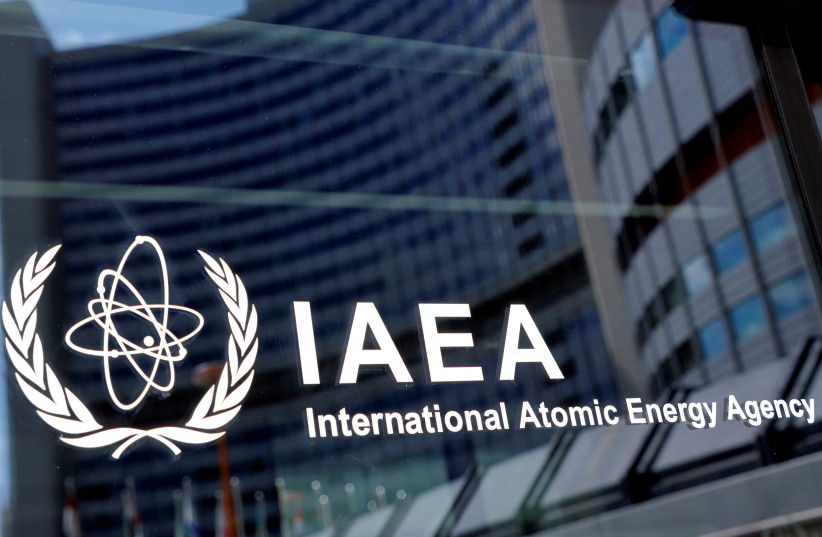US, France, Germany and UK call on Iran to de-escalate nuclear program
France, Germany, Britain, and the United States on Thursday condemned an increase by Iran in the production rate of highly enriched uranium of up to 60% purity, close to the level used for nuclear weapons fuel.
In a joint statement, the allies made no mention of any consequences Iran could face for the production hike but called for its reversal and said they remained “committed to a diplomatic solution” of the feud over Tehran’s nuclear program
Attempting to find a solution
“The production of high-enriched uranium by Iran has no credible civilian justification,” the statement said. “These decisions … represent reckless behavior in a tense regional context.”
Since the start of Israel’s offensive against Gaza’s ruling Hamas militants, Iran-backed proxies have increased their attacks on shipping in the Red Sea and on US troops in Iraq and Syria, sharply increasing tensions in the region.
Israel launched its operation in response to Hamas’ October 7 rampage into Israel.
The UN nuclear watchdog, the International Atomic Energy Agency (IAEA), said in a report on Tuesday that Iran had reversed a months-long slowdown in the production rate of highly enriched uranium up to 60% purity.

“We condemn this action, which adds to the unabated escalation of Iran’s nuclear program,” the joint statement said.
Iran on Wednesday dismissed the IAEA report as “nothing new” and said it was running its program “according to the rules.”
Tehran already has enough uranium of 60% purity, if enriched to 90%, to make three nuclear bombs, according to the IAEA’s theoretical definition.
Iran has denied seeking nuclear weapons.
Britain, France and Germany remain parties to the 2015 deal designed to prevent Iran from developing nuclear weapons. Former U.S. President Donald Trump reneged on the accord in 2018, prompting Iran to gradually violate its strictures.





Comments are closed.